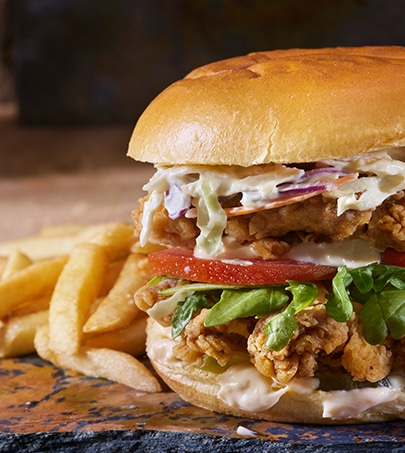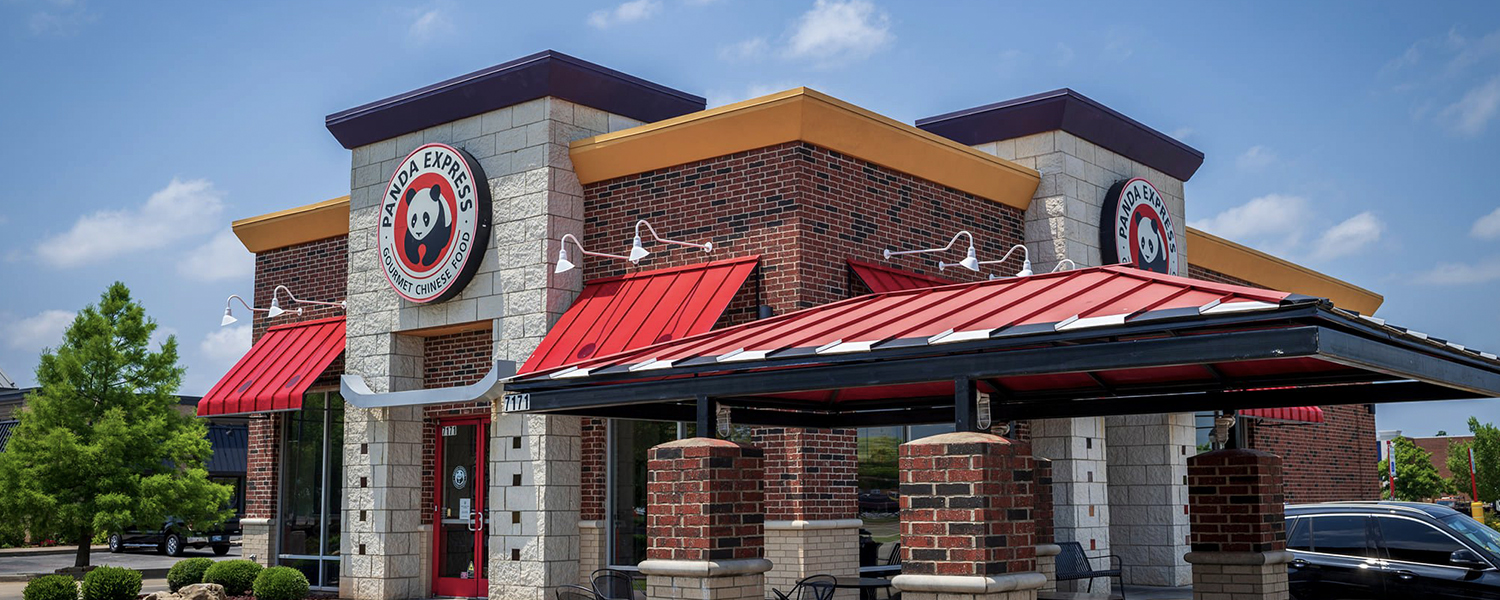Savings Highlights
- 31.5% reduction in cost.
- $1.1M in annual savings.
- Optimized carrier mix, shifting volume to FedEx to reduce costs and improve transit times.
- Implemented evergreen FedEx agreement with best-in-class rates and terms.
- Championed the Director of Operations, who made an immediate impact in their new position.
- Uncovered an additional 8% in targeted savings through regular Customer Business Reviews.
Client
A leader in a specialized industry, selling perishables direct-to-consumer (DTC) across the country, and one of the most well-respected and reviewed sellers within its category. The company is a prominent name in the DIY and home services industries.
Challenge
The pandemic fueled e-commerce growth across nearly all segments, but especially among brands servicing at-home hobbyists, our client’s primary buyer. Over two years, our client doubled in size with plans to grow another 50% over the next two years… if they could lower shipping costs.
The spike in shipping volume highlighted inadequacies within the client’s pricing program and discount packages. Their freight spend was outpacing revenue growth.
At the same time, UPS and FedEx were enjoying high demand and issuing aggressive rate increases, installing non-stop “demand” surcharges, increasing fuel surcharges, and implementing a 5.9% annual rate increase, the largest increase in eight years (until the following year).
The client was a UPS shipper with $3.5+ million in volume, nearly all of which was ground residential. Not only were they a UPS shipper, but they had single-sourced UPS for 20+ years and were reassured by their UPS representative that they had the best pricing available. When a new Director of Operations joined the client’s team, they sought us out to verify the claim.
After our team of consultants and data analysts assessed the client’s transportation spend, we found several areas to optimize. However, the primary issues were:
- High Ground minimum charges
- Subpar discounts on Ground services
- Subpar Residential Surcharge discount
- No Fuel, Delivery Area Surcharge, or Additional Handling discounts
- Carriers targeting lightweight packages with above-average increases
In addition, the client’s largest shipping segment is Zone 8, meaning long ground transit times. Carts were being abandoned due to long estimated transit times and cost-prohibitive express shipping costs. Not only were the client’s sales margins being stymied by high shipping costs, but they were also losing out on new sales.
Lowering shipping costs and improving transit times was imperative to their growth.
Solution
Our team got started by benchmarking the client’s existing rates and discounts against our database or shipping pricing programs and within the context of the carrier pricing landscape at the time. We identified the client’s rates as being 2.5 out of 4, with significant opportunities for improvement.
We created a set of rate and discount targets and crafted an aggressive RFP and negotiation strategy that leveraged data to support our client’s past and projected growth to incentivize greater discounts while factoring in the client’s need to improve transit times.
Our consulting team supported the client’s Director of Operations in executing a multi-carrier, multi-step RFP strategy. Having former carrier pricing executives and representatives on our team, we didn’t just rely on our data and benchmarks.
We also drew from timely insider knowledge and experience with carriers’ cost-to-serve model to draft RFPs and correspondence that took advantage of pricing market trends that most shippers are not aware of.
At each step of the RFP process, we conducted financial impact analyses to determine the best next step and adjust pricing targets. Once the final bids were in, we worked with the client to determine the best carrier and service mix to meet their cost reduction, sales goals, and customer experience objectives.
Results
After receiving the carriers’ final bids, we determined the best course of action was to optimize the client’s carrier mix. Formerly a UPS-only client, we shifted volume to FedEx to reduce costs and improve transit times.
Through an aggressive and adaptive strategy, we not only hit but surpassed our primary pricing targets, resulting in a 31.5% reduction in freight costs – over $1.1 million in savings per year.
In addition, we negotiated and implemented an evergreen FedEx agreement, locking in best-in-class rates and terms, such as no penalty clauses or “gotchas,” for our client.
Their Director of Operations, new to the role, made an immediate splash by simply reaching out to Shipware for a complimentary spend analysis to understand the state of their operations and where their pricing stood.
We continue to monitor their pricing within the context of broader marketplace trends and the client’s operational shifts. A year after cutting their spend by 31.5%, through regular Customer Business Reviews and fluid two-way communication between consultant and client, our team uncovered an additional 8% in targeted savings.




